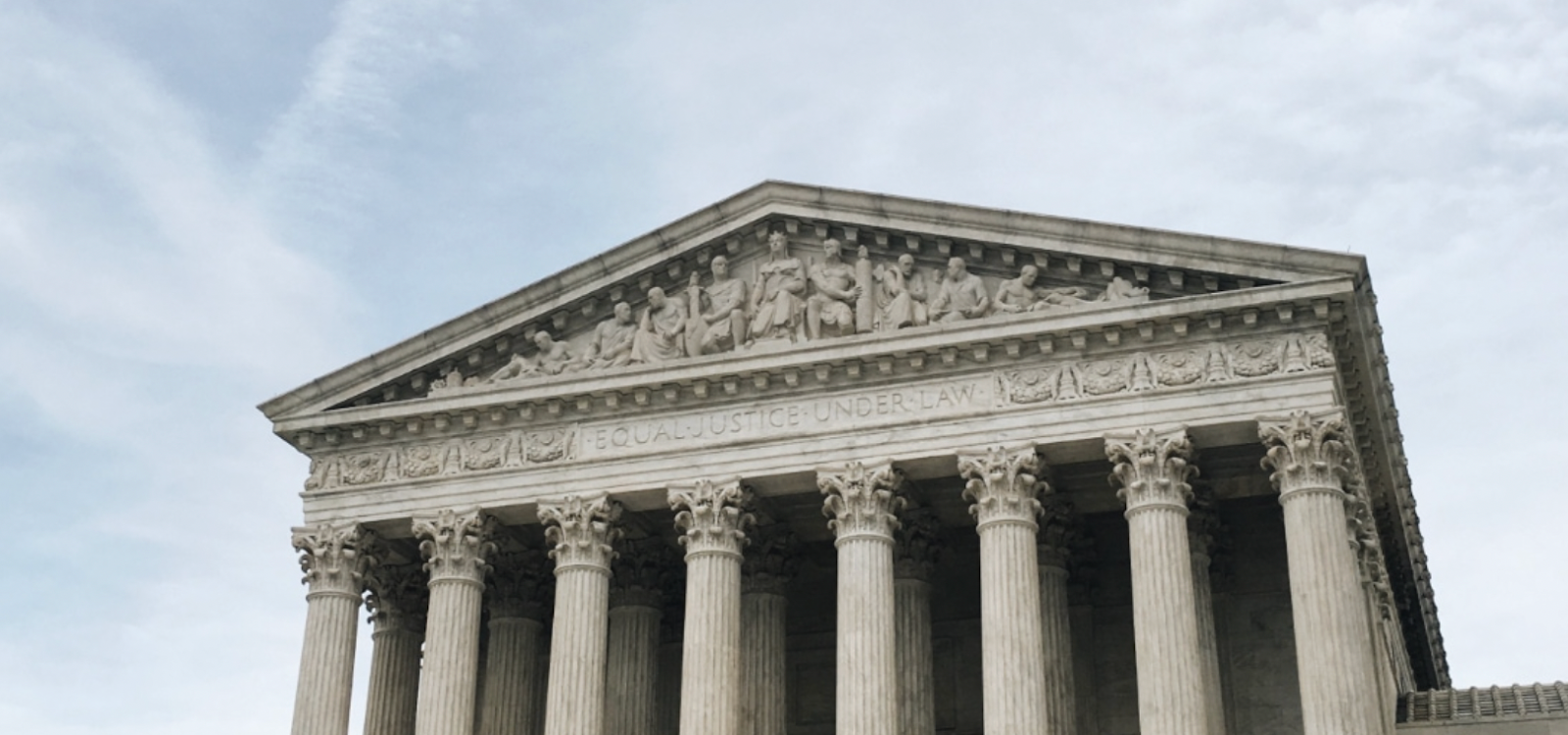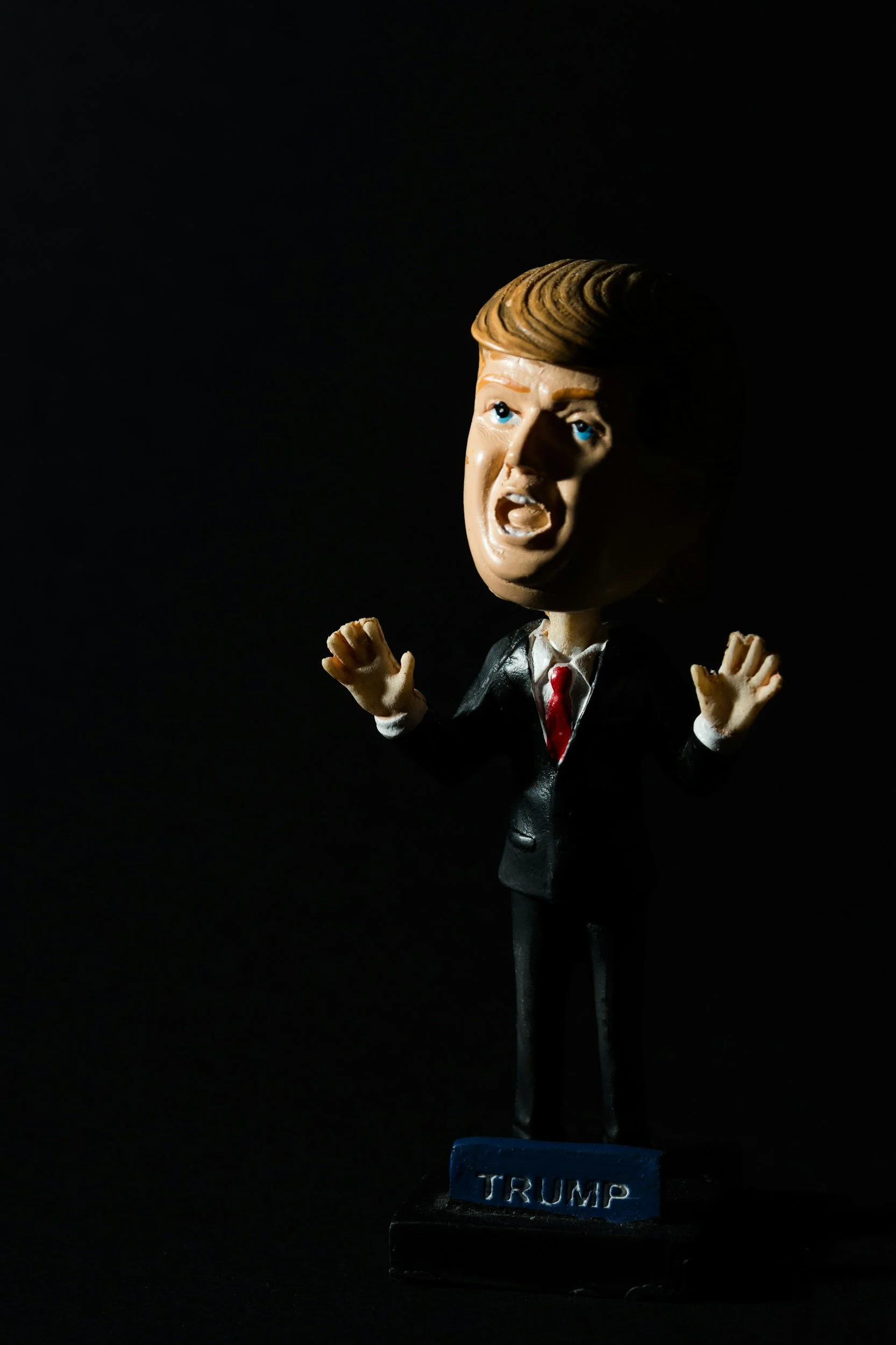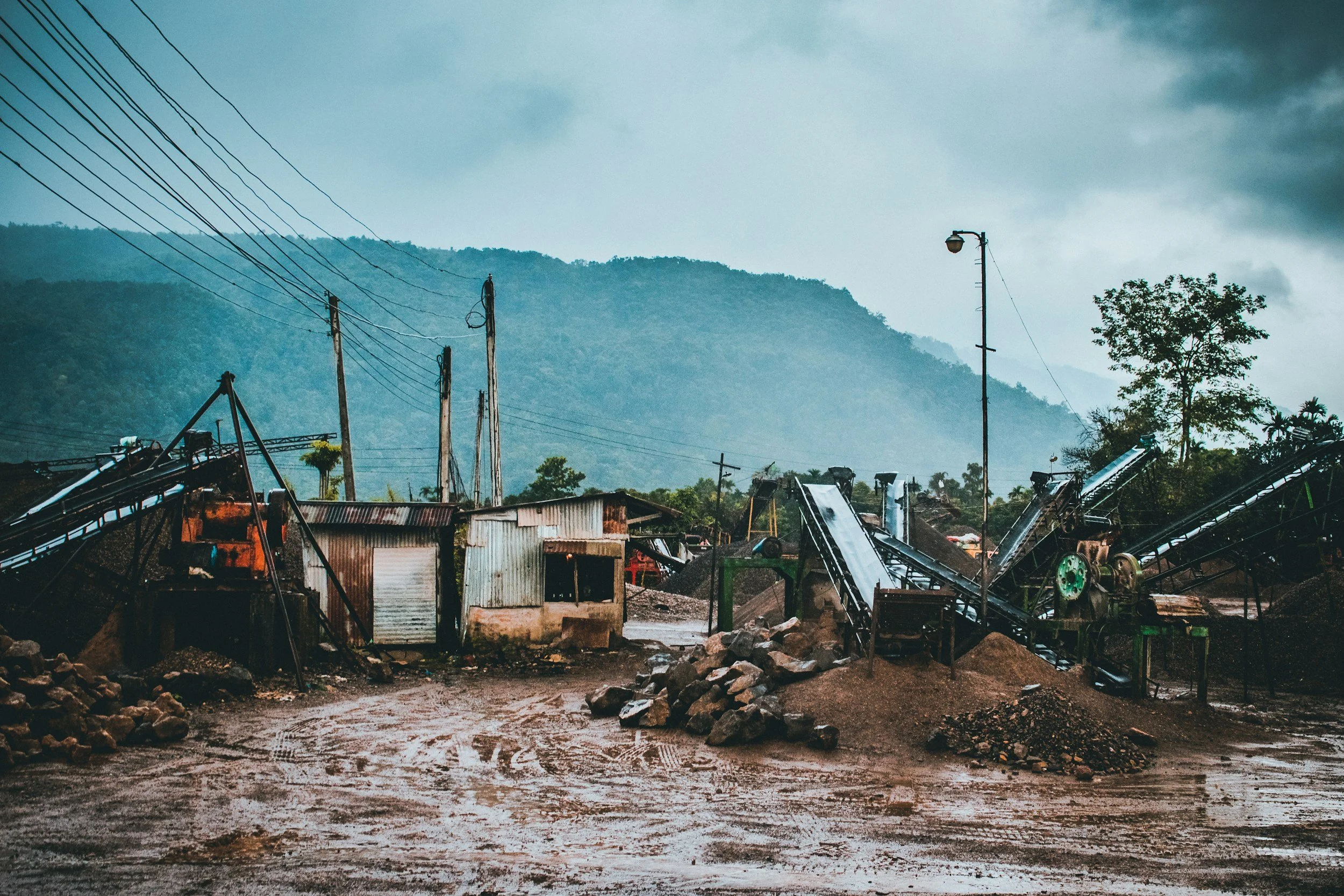In October 2025, the New York Civil Liberties Union, ACLU Immigrants’ Rights Project, and Make the Road New York filed African Communities Together v. Lyons, a lawsuit against ICE challenging the agency’s courthouse arrest practices, under which hundreds of immigrants in New York City were detained during court hearings despite having no criminal records. The high arrest rate in the state is a huge enforcement tactic deployed by ICE that has expanded significantly. The recent rulings from the court provide proof the country needs a more powerful state protection in our society and a more thought-out community for immigrants. The ICE enforcement in New York City has been characterized by mass courthouse arrest rates, limited legal aid, and defied state protections. Recent court rulings expose the due process crisis in New York’s immigration enforcement system, revealing the urgent need for stronger state protections to shelter immigrant access to justice.
Read MoreEthiopia-Sudan border tensions can be traced back to the 20th century, with the presence of a third party, England, which exercised colonial control over Sudan. In 1902, the British drew a border between Sudan and Ethiopia, as outlined in the Anglo-Ethiopian Treaty of 1902. Although Ethiopia’s name is included in the title, this agreement omitted Ethiopia’s consideration as to where the border should be drawn. The border was hastily drawn by an outside party that was barely cognizant of the sensitive cultural or ethnic relations. Groups with similar heritage were split apart without a second thought. The highly contested al-Fashaga region was claimed as part of Sudan by the British. This region is highly fertile and provides many coveted resources. Despite both Sudanese and Ethiopian farmers living in and cultivating this area, British Sudan claimed the entire region. This lack of an official and fair agreement allowed for more conflicts between the two nations, the impacts of which are still felt today.
Read MoreMany have questioned whether President Trump will seek a third term. While the 22nd Amendment establishes a strict two-term presidential limit, President Trump has hinted at running again in 2028, noting that he would “love to do it,” and his backers like Steve Bannon have gone so far as to say that he will not only run, but will win reelection in 2028 in order to “finish what we’ve started.” This article will investigate possible loopholes that the Trump administration may take to bypass the 22nd Amendment. Three main avenues exist for President Trump: directly repealing the 22nd Amendment, becoming vice president or Speaker of the House in the next administration then succeeding the acting president upon his or her resignation, or declaring war against a foreign nation and claiming that war powers supersede term limits.
Read MoreThe United States government is facilitating an antitrust renaissance. The emergence of neo-trustbusting comes in the wake of Big Tech corporations toeing the line between anti-democratic monopolies and fair economic competition. Recent court decisions and ongoing cases regarding the Big Tech industry have dealt with the issue of what monopolies look like in the world of tech, and how far the federal government can intervene in private enterprise in the name of prioritizing democracy. The modern revival of antitrust laws in U.S. federal courts, largely driven by developments in the Big Tech industry, has prioritized safeguarding democracy but is showing signs of blurring the line between corporate competition and judicial intervention.
Read MoreThe International Court of Justice’s 2025 advisory opinion regarding climate change does not resolve the climate crisis. What it offers Pakistan is something more precise: a legal vocabulary that understands the injustices it lives through. Behind every submerged house and broken embankment is a deeper question: who is responsible for protecting the planet, and what obligations do states have when their choices place entire nations at risk? By reframing climate devastation as a matter of responsibility rather than misfortune, the Court shifts the discussion from humanitarian response to legal obligation. For Pakistan, one of the world’s lowest emitters and most flood-vulnerable states, this reframing carries profound consequences.
Read MoreThe 2025 government shutdown, which ended on November 12, became the longest in U.S. history. During the shutdown, at least 670,000 federal employees were laid off, while about 730,000 kept working without pay. Although the White House’s public-facing “government shutdown clock” attributed the lapse to congressional action, the underlying circumstances were legally more complex. The administration directed federal agencies to initiate large-scale Reduction in Force (RIFs) during the funding gap, despite longstanding statutory limitations on personnel actions in such periods, representing an unprecedented extension of executive authority. According to the unions challenging these actions, the administration lacked lawful authority to bypass notice requirements, disregard established RIF procedures, and reinterpret the Antideficiency Act as permitting the suspension of statutory duties. Their lawsuit, which has already secured a temporary restraining order blocking some layoffs, asserts that the firings were procedurally defective and exceeded permissible executive authority, raising questions under both federal personnel statutes and the constitutional separation of powers.
Read MoreIn recent years, the legal definition of “sex” has become the subject of an integral debate in the athletics community. International federations are moving towards chromosome or gene-based screening, while states in the United States have adopted various rules on how “sex” affects sports’ participation. Now, the US Supreme Court is being asked to decide how Title IX constrains institutional efforts to regulate who may compete in women’s sports, with oral arguments for West Virginia v. B.P.J. (2025) and Little v. Hecox (2024) scheduled on January 13, 2026. West Virginia v. B.P.J asks whether state policies that ban transgender students from participating in girls’ school sports are consistent with Title IX and the 14th Amendment’s Equal Protection Clause. Little v. Hecox similarly asks whether athletes should be required to compete under their biological sex as opposed to their gender identity.
Read MoreSince late July 2025, the Trump administration has been authorizing military strikes in the Caribbean against individuals deemed “terrorists.” Specifically, after the administration announced that it would prevent the entry of illicit drugs into the United States, fourteen known strikes have killed at least 69 “narco-terrorists” on boats. Although the Trump administration has defended its actions as self-defense against these so-called “terrorists,” it has not provided sufficient evidence as to whether the individuals killed were actually involved in drug trafficking, limiting transparency about the identities of those who were on board. Thus, there has been significant concern about whether the U.S. president can lawfully authorize military strikes against suspected drug traffickers in international waters under national and international law. By authorizing military strikes in international waters near Venezuela without clear evidence of an armed attack or congressional approval, the Trump administration is undermining international law and violating constitutional limits on presidential war powers, setting a dangerous precedent for the unilateral use of force.
Read MoreClass action lawsuits, which allow a collective group to sue as one, are foundational to understanding the modern American legal system. Before the Federal Rules of Civil Procedure were adopted in 1938, the class-action style of litigation arose through the equitable doctrine of “representative suits.” The seminal case, Smith v. Swormstedt (1853), allowed members of the Methodist Episcopal Church to litigate a dispute on behalf of the entire denomination; the court reasoned that equity could bind absent parties when their interests were identical and adequately represented. That idea, rooted in equity, was later codified in the Federal Rules of Civil Procedure, which recognized that individuals could sue as a collective, and seek collective redress.
Read MoreAs of November 13, 2025, President Donald Trump had authorized a series of 20 strikes on 21 vessels he claimed were used to smuggle drugs from South America, resulting in at least 80 deaths. According to a Trump administration memo obtained in October, these actions fall under what the administration describes as a “non-international armed conflict,” with drug cartels treated as unlawful combatants. Conversely, the governments and families of those killed from these U.S. strikes have stated that many of the dead were civilians, primarily fishermen, prompting questions into the legality of these strikes absent any form of due process or congressional approval. The absence of publicly available evidence demonstrating the necessity of the attacks has only deepened these substantial concerns.
Read MoreAfter World War II, the United States spearheaded the liberal international order and pursued its global diffusion as the dominant political and economic system, promising to satisfy human needs through freer trade, multilateral institutions, and democracy. The World Trade Organization (WTO) was born from the order in the pursuit of lessening trade barriers, creating a predictable globalized economy, and establishing an official legal foundation for international trade. This delicate global trading system thrived only to be later challenged by the very nation responsible for its rise, primarily through a recent manipulation of the national security justification, addressed in Article XXI of the General Agreement on Tariffs and Trade (GATT), which permits a country’s exception from WTO legal regulations when necessary to protect essential national security interests. The national security exemption in trade is further represented in U.S. courts through Section 232 of the Trade Expansion Act of 1962. The United States’ recent manipulation of the national security exception upheld in the WTO’s Article XXI of the GATT, as well as the U.S.'s Section 232 of the Trade Expansion Act of 1962, violates WTO international trade law obligations and undermines its dispute settlement system.
Read MoreEver since their inception, learning language models (LLMs) have been a source of both optimism and opposition, fueling debates on how they should be governed. While supporters frame them as the next step in a long line of new technologies, critics warn of their far-reaching influence and insufficient oversight. Privately run companies that create and operate LLMs, such as OpenAI, DeepSeek, and Claude, have been remarkably difficult to regulate, leading to concerns from parents, educators, and policymakers alike. To understand why, it’s necessary to look at the legal framework that has long governed online platforms, starting with Section 230.
Read MoreFirst implemented in 2024, the MTA's Automated Camera Enforcement (ACE) system seeks to improve the reliability of bus routes through "a bus-mounted camera system that issues violations to vehicles occupying bus lanes, to double-parked vehicles along bus routes, and to vehicles block bus stops." As the New York City MTA seeks to expand the ACE system, allowing private contractors and automated systems to regulate roads without apparent oversight threatens to violate due process and extend the MTA's powers beyond those established by the New York Vehicle and Traffic Law.
Read MoreOn August 29, 2025, Texas Governor Greg Abbott signed Texas House Bill 4, approving a new congressional map that reshaped the state’s electoral districts to potentially increase the Republican Party’s representation in the United States House of Representatives. In response, California Governor Gavin Newsom announced Proposition 50, a proposal to redraw California’s congressional lines in an effort to “fight back” against Texas’s redistricting. While both Governor Abbot and Governor Newsom’s actions are based on partisan conflict, they do call into question the ability of states to redraw electoral maps before encroaching on constitutional limits. The United States Supreme Court has limited jurisdiction over partisan gerrymandering, meaning that state judiciaries are responsible for ensuring electoral fairness. States are turning to mid-decade redistricting —the practice of redrawing maps between the decennial censuses, meant to reflect population changes— and breaking from standard democratic practices. In the post-Rucho and post-Moore era, following the lead of Texas and California, state courts now hold decisive power in determining the constitutional limits of redistricting. The mid-decade efforts seen in Texas and California are indicative of a shift of authority to state courts, possibly leading to a polarized, patchwork democracy in which the partisan majority in each state defines ‘fair electoral representation’ by their own standards.
Read MoreIn past articles, I argued that outdated copyright laws place disadvantages on digital artists trying to secure intellectual property rights. Moreover, slow-paced litigation over the DMCA 1202b delays resolution in copyright regulation for gen AI training datasets. In this article, I discuss ongoing artist-led initiatives to protect intellectual property rights and stipulate guidelines for emerging copyright policy.
Read MoreAndersen v. Stability AI Ltd. is an ongoing lawsuit since January 2023 in the U.S. District Court for the Northern District of California, where visual artists are seeking compensation and intellectual property protections from generative artificial intelligence (gen AI) platforms, including Stability AI, Midjourney, Inc., DeviantArt, Inc., and Runway AI, Inc. In recent months, key developments in the lawsuit have underscored the need for technical clarity in interpreting copyright law for software. The information disparity between artists and gen AI corporations was heightened by the defendants’ objection to disclosing sensitive source code to an expert witness and the plaintiffs’ delayed request to review the training data used for Runway and Midjourney’s gen AI. Tracing Andersen v. Stability AI Ltd. and related case Doe v. GitHub, Inc., this article discusses how recent litigation pushes courts to confront nontraditional interpretations of the DMCA 1202b to regulate software against the hurdles of information asymmetry and confidential trade secrets.
Read MoreIn the past year, Immigration and Customs Enforcement (ICE) has made headlines as deportations have drastically increased. ICE is now aiming to arrest three thousand immigrants a day. Current data shows that ICE has at least fifty thousand immigrants being held in detention, with thirty thousand of those detainees having no criminal record at all. Additionally, ICE has been scrutinized for denying many detainees due process. Recent reporting has found that ICE is giving detainees only six hours to find a lawyer before deportation proceedings continue. Despite the outcry about the constitutionality of ICE’s enforcement tactics, the U.S.'s right as a sovereign country to control its immigration proceedings has been reaffirmed by the 2018 Supreme Court case Trump v. Hawaii. The Court found that the president and federal government have the right to suspend and control the entry of aliens into the country under Section 1182(f) of the Immigration and Nationality Act. This issue highlights a growing tension between the government’s right to enforce immigration law to ensure national security as it sees fit, and the constitutional right to due process, which has been integral to the American legal system since its inception.
Read MoreIn 1973, President Nixon passed the Rehabilitation Act, combating discrimination against disabled persons at the federal level, largely focused on the contingency that disabled persons must be protected in order for any institution to receive federal funding. Later, in 1990, President H.W. Bush passed the Americans with Disabilities Act (ADA), further setting the landscape for disability law across the United States, in even more sectors, even private industry. Specifically, the ADA set a more rigorous standard for mandatory disability accommodations that every institution or program must uphold, regardless of federal funding status. Now, trends in disability law suggest a shift in judicial approach–largely marked by the unanimous June 2025 Supreme Court decision in A.J.T. v. Osseo Area Schools, Independent School District No. 279. This landmark decision displays that the Court is becoming more lenient on the stipulation that disabled persons must prove that discrimination has occurred by their school for a viable lawsuit. Along with J.T. v. Osseo Area Schools, Independent School District No. 279, the ongoing Oregon Supreme Court case regarding the extension of ADA protections to mental disabilities, Disability Rights Oregon v. Washington, contests that more mental health professionals should be dispatched rather than armed police in case of mental health crises such as manic episodes or suicidal attempts.
Recent legal developments signal a shift in judicial approach in addressing long-standing systematic failures for disabled individuals within the public sector. In the cases of A.J.T. v. Osseo Area Schools, Independent School District No. 279 and Disability Rights Oregon v. Washington County, the courts are interpreting the limits of legal protections for disabled persons and the precedent’s ability to limit or reform systematic neglect in a state.
Read MoreSince its establishment in 1899, the U.S. juvenile justice system has distinguished young offenders from adults, prioritizing rehabilitation over punishment based on developmental differences and youths’ greater capacity for change. However, the transfer of juveniles to adult court contradicts the rehabilitative ideal and violates the juvenile court’s constitutional values, particularly under the Eighth Amendment’s prohibition on cruel and unusual punishment and the Due Process Clause’s protections related to juvenile culpability. This article argues that the current juvenile-to-adult transfer process not only jeopardizes these constitutional protections but also erodes the legitimacy and rehabilitation function of the juvenile justice system itself.
Read MoreOn June 20, 2025, a California appeals court ruled that President Donald Trump can continue deploying the National Guard to Los Angeles in response to ongoing protests. This is the second court decision regarding the legality of President Trump’s deployment, with the first siding with California officials who opposed it. The Los Angeles protests began in response to federal immigration raids conducted by the U.S Immigration and Customs Enforcement (ICE). In a city with a large immigrant population, protesters have called for the protection of immigrant communities. However, on June 7, local law enforcement began arresting protesters, escalating tensions. In response, President Donald Trump authorized the deployment of two-thousand National Guard members to protect federal officers involved in the immigration raids and to quell protest attempts. Ultimately, President Trump’s decision to deploy the National Guard to Los Angeles without the governor’s consent shows an unprecedented stretch of executive power under the Insurrection Act because it violates established principles of state sovereignty and falls outside the legal bounds of Supreme Court precedent.
Read More



















